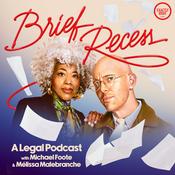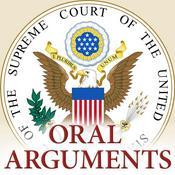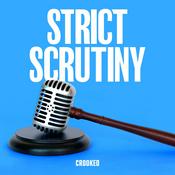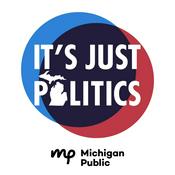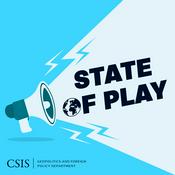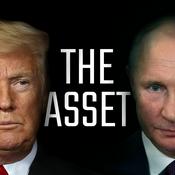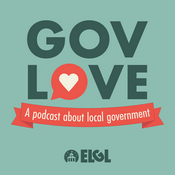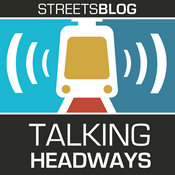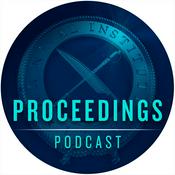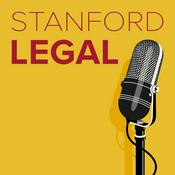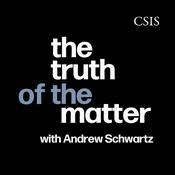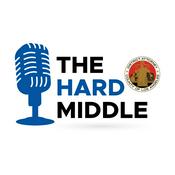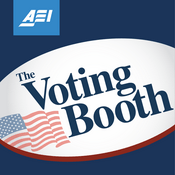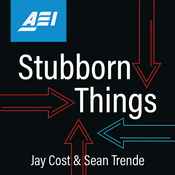66 episodes
- The topic of this episode is, “What is the primary problem?”
Every two years, we have congressional elections, which feature both primary elections and general elections. For nearly everyone who listens to this podcast, this seems like an eternal feature of governance system: primary elections are used to winnow the candidate field, and then general elections give voters the choice between two or maybe three finalists.
But in truth, congressional primaries are a more recent development in our political history. They became the norm only about five or six decades ago.
And like any other system of rules—be it the laws restricting investments or the rules of baseball—primaries are imperfect and susceptible to gaming by the players. Worse, according to some critics, primaries are fueling toxic partisanship within Congress and curbing its capacity to serve the public.
Is there a primary problem? And what is this problem? To help us think through this subject I have with me Nick Troiano. He is the author of The Primary Solution: Rescuing Our Democracy from the Fringes (Simon & Schuster, 2024). Nick is the executive director of Unite America, an organization that advocates for nonpartisan election reform and alternatives to partisan primary elections.
Click here to read a full transcript of the episode. - The topic of this episode is, “What are congressional norms and why do they matter?”
To many Americans, the United States Congress appears to be a rather nasty place. There are lawmakers calling each other names, introducing resolutions to censure legislators and boot them off committees, and generally behaving towards one another in beastly ways. At least twice in the last few years there were moments when it appeared a couple of members of the House of Representatives might well throw punches at one another.
There is a lot of constitutional and procedural hardball being played in both the Senate and the House. Members are ignoring long-agreed-upon rules or stretching their meanings to justify partisan power plays.
All of which prompts the question, “Is Congress losing the norms that once helped facilitate collective action amongst representatives and senators?
My guest for this episode is Brian Alexander. He is an Associate Professor of Politics at Washington and Lee University. Brian is also the author of A Social Theory of Congress: Legislative Norms in the Twenty-First Century (Lexington Books, 2021), and he is the editor of a new volume titled The Folkways of Congress: Legislative Norms in an Era of Conflict (Brookings Institution Press, 2026).
Click here to read a full transcript of the episode. Should Congress Pass a Balanced Budget Amendment to the Constitution? (with Kurt Couchman)
11/03/2025 | 29 mins.The topic of this episode is, “Should Congress pass a balanced budget amendment to the Constitution?”
The federal government experienced a shutdown in autumn 20025, which is one of many that have occurred in the past 20 years. The nation also has racked up about $38 trillion in debt, and Congress and the president have not taken real action to right America’s fiscal ship.
So should Congress pass a balanced budget amendment to the US Constitution?
My guest Kurt Couchman says ‘Yes, it should.’ Kurt is the author of the new book, Fiscal Democracy in America: How a Balanced Budget Amendment Can Restore Sound Governance (Palgrave MacMillan, 2025).
Kurt has been kicking around Capitol Hill for about 15 years. Presently he is a senior fellow at Americans for Prosperity, a group that promotes the principles and policies of economic freedom and liberty. Previously, Kurt worked for two members of Congress, and has had stints at the Cato Institute and the Committee for a Responsible Federal Budget, among other gigs. He has spent a lot of time engaged with Congress on matters relating to federal spending and the budget, so I am delighted to have him here with us to discuss the idea of a balanced budget amendment to the US Constitution.
Click here for the full transcript to the episode.- The topic of this episode is, what are budget rescissions and pocket rescissions?
Rescissions have been in the news recently. This past July President Donald J. Trump sent the House and Senate a rescissions message. This memorandum requested that Congress rescind, or take back, spending authority it had previously granted. Congress passed the legislation, which cut $9 billion from foreign aid, the U.S. Institute for Peace, and the Corporation for Public Broadcasting. A rescission of funds has not occurred since 1999, when former President Bill Clinton, a Democrat, struck a deal with the Republican-held House and Senate.
Now the Trump administration is attempting a maneuver called a “pocket rescission.” What’s a pocket rescission?
To answer that question I have as my guest my colleague, Dr. Philip Wallach. He is a senior fellow at the American Enterprise Institute. He is a colleague and a friend. At AEI he studies America’s separation of powers, with a focus on regulatory policy issues and the relationship between Congress and the administrative state. His latest book is Why Congress (Oxford University Press).
Click here for a full transcript of the episode. - The topic of this episode is, “Was James Madison the first majority leader?”
Both the Senate and the House of Representatives have a majority leader. At the time of the recording this podcast, Republican John Thune of South Dakota is the Senate majority leader, and Republican Steve Scalise of Louisiana is the House majority leader.
Now, congressional scholars tend to argue that the majority leader emerged as a position in each chamber in 1899. Democrat Arthur B Gorman of Maryland was the first Senate majority leader, and Republican Sereno Elisha Payne of New York was the first House majority leader.
My AEI colleague Jay Cost has a different view. He thinks the first majority leader appeared on Capitol Hill far earlier, and it was Virginia’s James Madison. So, we’re going to discuss that claim, which you can find in his recent piece, "Icons of Congress: James Madison — The First Majority Leader."
So, we’re going to discuss that claim.
Dr. Jay Cost is the Gerald R. Ford nonresident senior fellow at AEI and the author of the superb book, James Madison: America’s First Politician (2021), and other fine volumes on politics and history. Regular readers of UnderstandingCongress.org no doubt have seen Jay’s various reports and essays, and if you have not seen them, do have a look.
Click here to read the full transcript.
More Government podcasts
Trending Government podcasts
About Understanding Congress
Congress is the least liked and perhaps least understood part of government. But it’s vital to our constitutional government. Congress is the only branch equipped to work through our diverse nation’s disagreements and decide on the law. To better understand the First Branch, join host Kevin Kosar and guests as they explain its infrastructure, culture, procedures, history, and more.
Podcast websiteListen to Understanding Congress, The Chris Plante Show and many other podcasts from around the world with the radio.net app
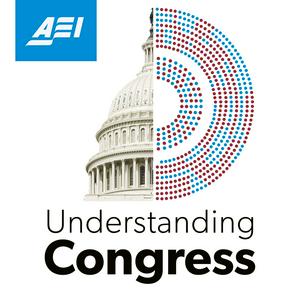
Get the free radio.net app
- Stations and podcasts to bookmark
- Stream via Wi-Fi or Bluetooth
- Supports Carplay & Android Auto
- Many other app features
Get the free radio.net app
- Stations and podcasts to bookmark
- Stream via Wi-Fi or Bluetooth
- Supports Carplay & Android Auto
- Many other app features


Understanding Congress
Scan code,
download the app,
start listening.
download the app,
start listening.




